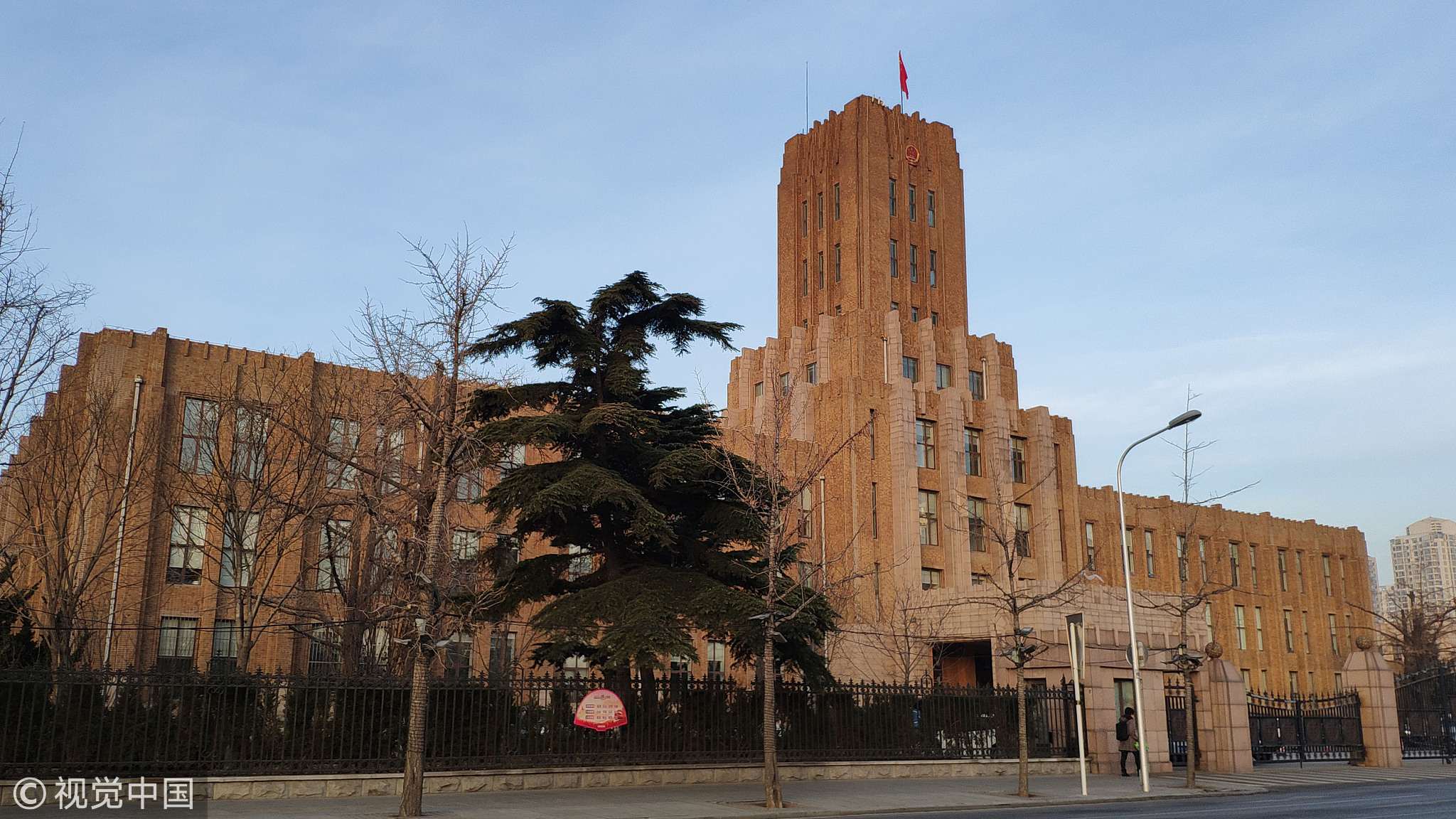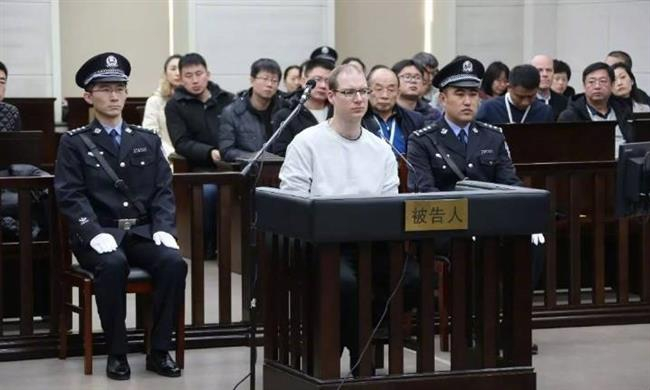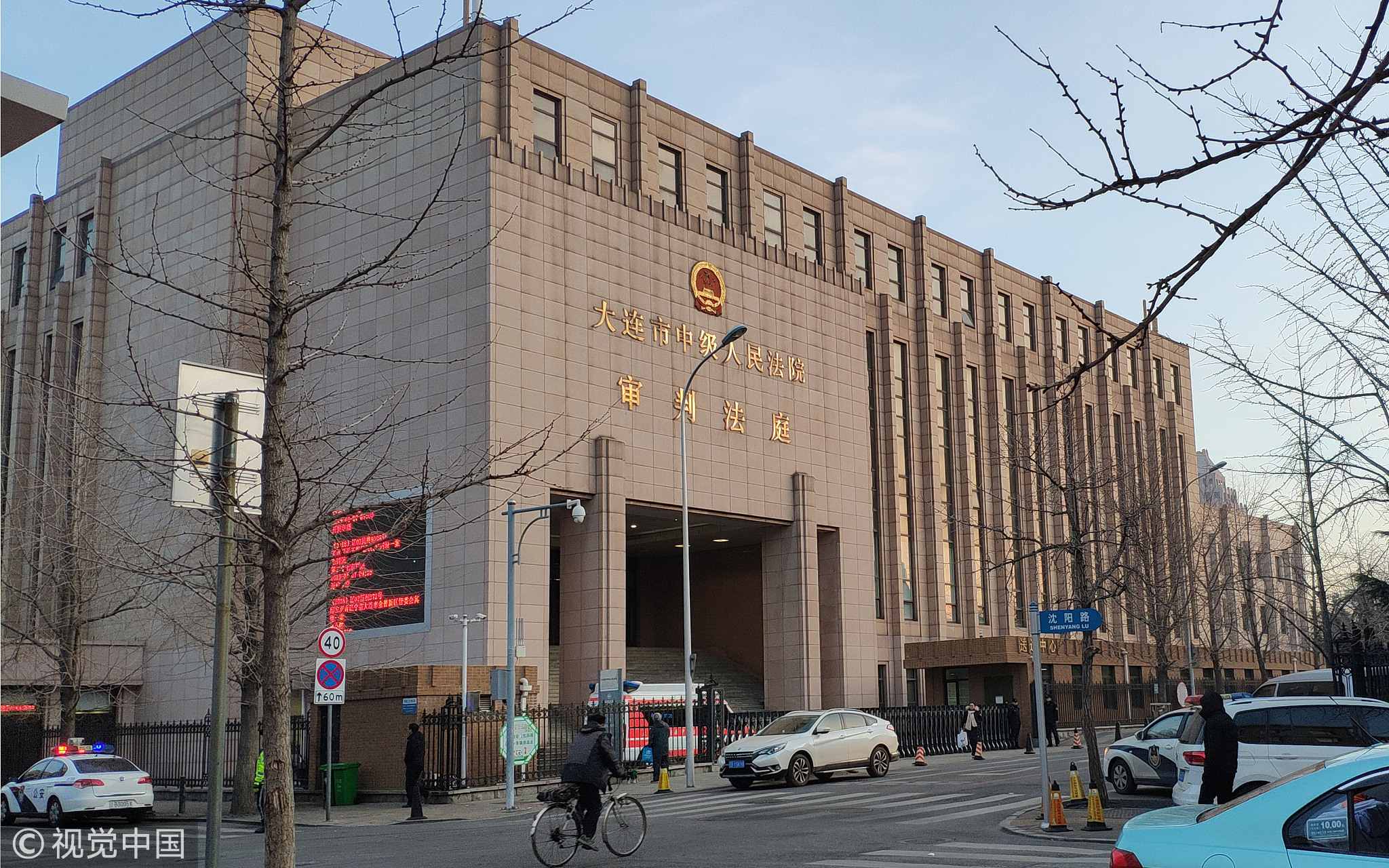
Opinions
13:51, 16-Jan-2019
Opinion: The crux of Schellenberg case lies in Canada’s arrogance
Updated
19:45, 17-Jan-2019
By Zhao Yuanzhen

Editor's note: The article is based on an interview with Liao Fan, a research fellow at CASS Institute of International Law. The article reflects the expert's opinion, and not necessarily the views of CGTN.
Faced with Canadian Prime Minister Justin Trudeau's accusations that China is “arbitrarily” applying the death penalty, Chinese Foreign Ministry spokesperson Hua Chunying has denounced these charges and suggested that Trudeau “study relevant Chinese laws.”
The “war of words” concerns a drug smuggling case in which a Canadian man named Robert Lloyd Schellenberg was sentenced to death by a Chinese court.
According to the statement by the Dalian Intermediate People's Court, Schellenberg was involved in international drug smuggling activities in which he packed over 222kg methamphetamine in tires to ship to Australia.

Robert Lloyd Schellenberg at the Dalian Intermediate People's Court in northeast China's Liaoning Province, January 14, 2019. /Xinhua Photo
Robert Lloyd Schellenberg at the Dalian Intermediate People's Court in northeast China's Liaoning Province, January 14, 2019. /Xinhua Photo
The sentence came a month after the arrest in Canada of Meng Wanzhou, CFO of Chinese technology company Huawei. Suspicion has mounted in the West that the death penalty was a political move with unjust allegations.
“Law is a solemn matter, it is rather too simple to make such an assumption,” Liao Fan, a research fellow at CASS Institute of International Law told CGTN. “We can ask the same question to Canada with Meng Wanzhou's case. Canada asserted that the arrest was a justified act under law, but is it connected to the trade war between China and the U.S.? Can we say that the arrest was also a political move?”
Meng Wanzhou was arrested by Canadian police during a flight transfer at the request by the U.S. She was released on bail in Vancouver.
According to Liao, the case against Schellenberg is legal both in terms of procedure and result under China's criminal law.

The Intermediate People's Court in Dalian, China, where Robert Lloyd Schellenberg of Canada was retried on drug smuggling charges. /VCG Photo
The Intermediate People's Court in Dalian, China, where Robert Lloyd Schellenberg of Canada was retried on drug smuggling charges. /VCG Photo
To a country without the death penalty, the concept of a man has to lose his life because of drug trafficking may be strange. But to go as far as to argue that the court decision was “arbitrarily” made shows a lack of understanding of just how intolerable China is when it comes to drug dealing. As Hua pointed out, “drug-related crime is considered a felony by the international community.”
China's modern history started with an opium war in which the damage of drugs was witnessed and the humiliation was never forgotten.
Schellenberg was not the first foreigner to be sentenced to death because of drug smuggling. In 2009, a British citizen Akmal Shaikh was sentenced to death and executed in China because of illegal drug smuggling, despite strong condemnation from the British prime minister Gordon Brown and British media. Over the years, China has also convicted other foreigners involved in drug trafficking from Japan and Southeast Asia.
“But the key question is,” as Liao observed, “does Canada, or any other country for that matter, have the right to accuse something that is clearly written in the Chinese law? China is known for its serious punishment for drug-related crime. But China does not accuse other countries of not giving enough penalties for drug dealers. It is rather arrogant for Canada to make such a claim.”
Every country's law system is different, a result of diverse social, economic and cultural backgrounds. To ask exemption from Chinese authorities according to Canada' law is disrespectful to say at the least.
For Liao, Western media's suspicion that China invited international media to observe the case in the hope of showing China's “threats” to Canada is more than groundless. “China is aware of the sensitiveness of the case. If there was no international press they would have accused China of not being transparent, but when China did invite them in the spirit of transparency they are saying that China is hiding. What do you expect China to do?”
If Canada continues to see China through the lens of arrogance, it seems there's nothing China can do but the onus is on Canada to understand China better.
(If you want to contribute and have specific expertise, please contact us at opinions@cgtn.com.)

SITEMAP
Copyright © 2018 CGTN. Beijing ICP prepared NO.16065310-3
Copyright © 2018 CGTN. Beijing ICP prepared NO.16065310-3